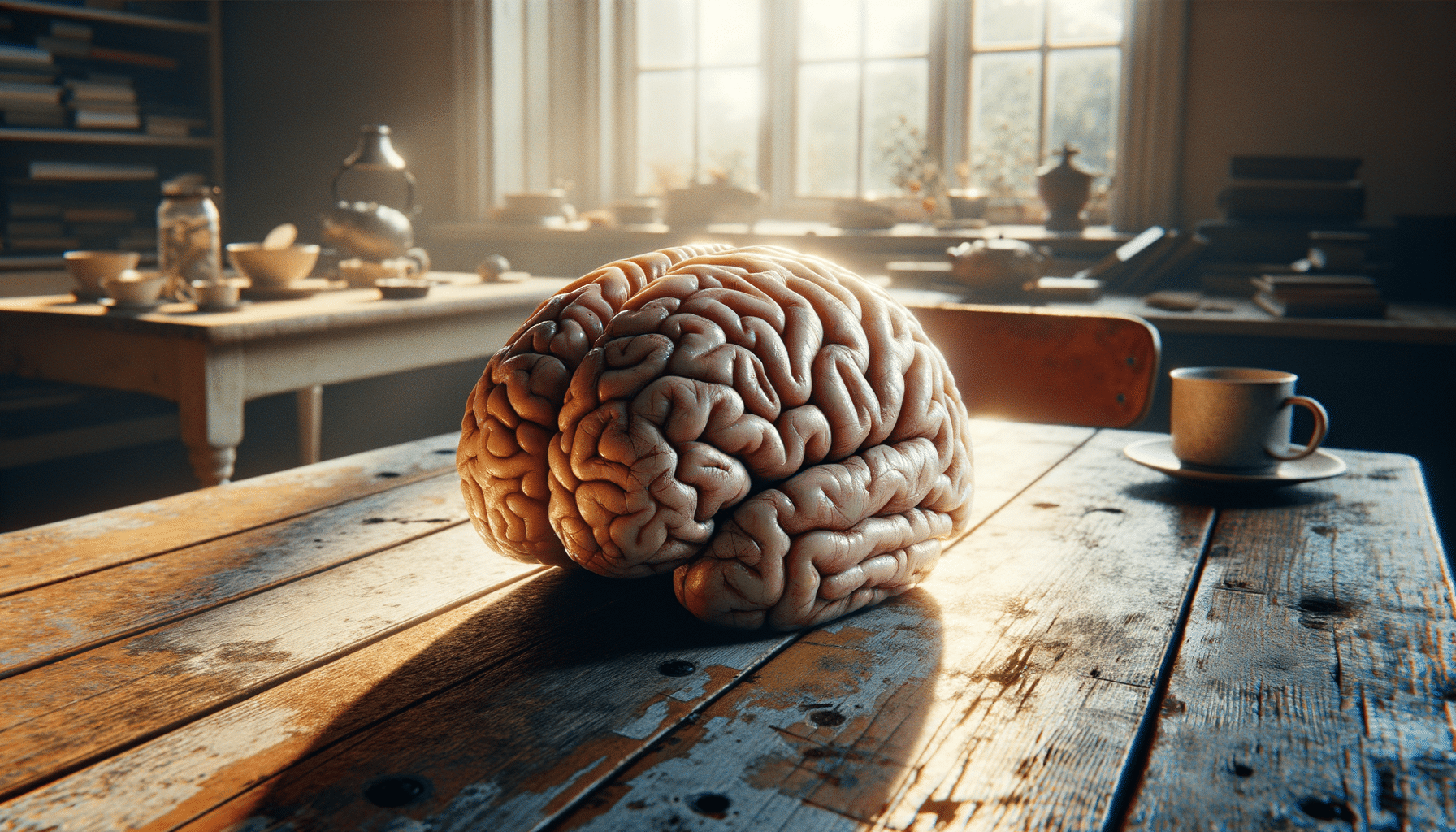
Understanding Dementia: Symptoms, Diagnosis, and Treatment Options
Introduction to Dementia
Dementia is a collective term used to describe various symptoms of cognitive decline, such as forgetfulness. It is a condition that affects millions of people worldwide, impacting not only those diagnosed but also their families and caregivers. Understanding dementia is crucial as it helps in early detection and management, which can significantly improve the quality of life for those affected. This article delves into the symptoms, diagnosis, and treatment options available for dementia, offering insights into this complex condition.
Recognizing the Symptoms of Dementia
The symptoms of dementia can vary greatly from person to person, making it a challenging condition to diagnose. However, there are common signs that may indicate the onset of dementia. These include memory loss, difficulty in communicating or finding words, difficulty with visual and spatial abilities, and impaired reasoning or judgment. As the disease progresses, these symptoms typically become more pronounced, affecting daily activities and independence.
For instance, memory loss in dementia is not just about forgetting where you placed your keys; it involves forgetting important dates, asking for the same information repeatedly, and relying heavily on memory aids. Additionally, individuals may experience difficulty in completing familiar tasks, such as cooking a meal or driving to a known location. Recognizing these symptoms early can lead to timely intervention and support.
- Memory loss affecting daily life
- Challenges in planning or solving problems
- Confusion with time or place
- Difficulty understanding visual images and spatial relationships
- New problems with words in speaking or writing
Diagnosing Dementia: A Comprehensive Approach
Diagnosing dementia involves a comprehensive approach that includes medical history evaluation, physical examinations, and cognitive tests. Physicians may also utilize neurological assessments and brain imaging techniques, such as MRI or CT scans, to rule out other conditions that may mimic dementia symptoms. It is essential to consult with healthcare professionals who specialize in cognitive disorders for an accurate diagnosis.
The diagnostic process often begins with a detailed discussion of the patient’s medical history, including any changes in behavior or cognitive abilities. This is followed by physical examinations and neuropsychological tests that assess memory, problem-solving skills, attention, and language abilities. In some cases, blood tests may be conducted to check for vitamin deficiencies or thyroid problems that could cause dementia-like symptoms.
Brain imaging is a critical component of diagnosing dementia. Imaging tests help in identifying any abnormalities in the brain, such as tumors, strokes, or damage due to head injuries. These tests provide invaluable insights, aiding specialists in making informed decisions about the patient’s condition and the most appropriate treatment plan.
Exploring Treatment Options for Dementia
While there is currently no cure for dementia, various treatment options can help manage symptoms and improve the quality of life for those affected. Treatment plans are typically tailored to the individual’s specific needs and may include medications, therapies, and lifestyle changes.
Medications such as cholinesterase inhibitors and memantine are commonly prescribed to help manage symptoms and slow the progression of cognitive decline. These medications work by affecting neurotransmitters in the brain, which play a key role in memory and learning. However, their effectiveness can vary, and they are most beneficial in the early to moderate stages of dementia.
Non-pharmacological interventions, including cognitive therapies, occupational therapy, and physical exercise, have shown promise in enhancing cognitive function and overall well-being. Cognitive therapies focus on enhancing memory and problem-solving skills, while occupational therapy assists individuals in maintaining independence in daily activities. Regular physical exercise is also encouraged, as it can improve mood, enhance cardiovascular health, and potentially slow cognitive decline.
- Medications like cholinesterase inhibitors
- Cognitive and occupational therapies
- Lifestyle changes including diet and exercise
Conclusion: Navigating Life with Dementia
Understanding dementia is vital for those affected and their caregivers. While the journey with dementia can be challenging, early diagnosis and a comprehensive treatment plan can significantly enhance the quality of life. By recognizing the symptoms and exploring available treatment options, individuals and families can better navigate the complexities of this condition. Continuous research and advancements in medical science offer hope for more effective treatments in the future, making it essential to stay informed and proactive in managing dementia.


